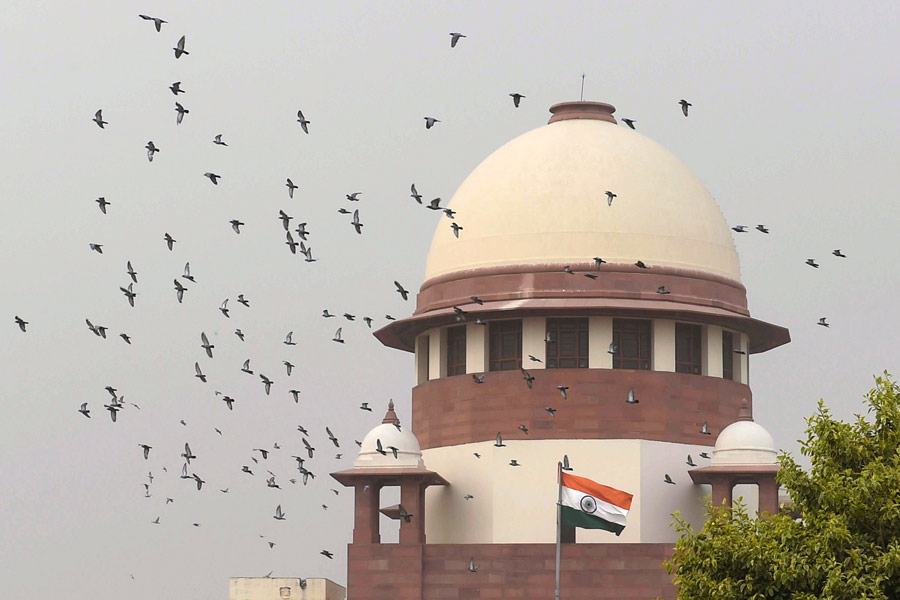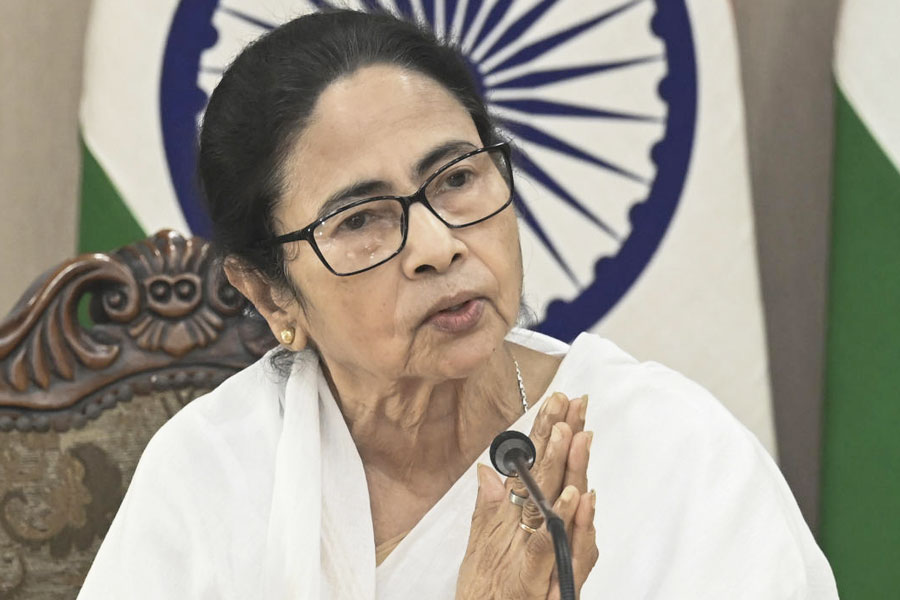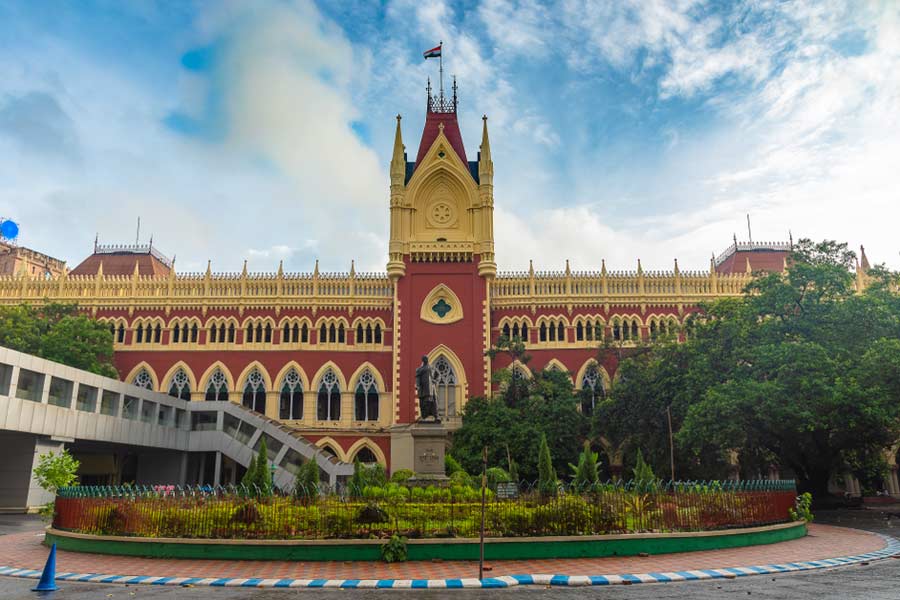Gender discrimination and bias have subsided on the surface but continue to operate surreptitiously and women lawyers often face stereotypes questioning their authority, former Supreme Court judge Justice Hima Kohli said on Friday.
She underlined in the last 75 years, no woman lawyer had been appointed as the attorney general (AG), or held the post of the solicitor general (SG), indicating the challenges women legal practitioners face.
Justice Kohli was delivering a keynote address at an event to commemorate "100 years of women in law in the country".
The landmark Legal Practitioners (Women) Act allowing women the right to practice law in India was notified in 1923.
"Gender discrimination, gender bias, which was rampant from early days, has overtly subsided but continues to persist in surreptitious force. Women lawyers have often encountered stereotypes that question their competence and their authority, the perception that women are less aggressive or authoritative compared to their male counterparts," Justice Kohli said.
She said the bias had impacted the "hiring practices" and limited the opportunities for advancement of women lawyers within the legal firms and courts.
Justice Kohli opined though the number of women holding the post of AGs and additional solicitor generals (ASG) in the Supreme Court had increased marginally, women ASGs representing the Union government in state high courts were few and far between.
She said a 2023 Bar Council of India data across 15 states indicated there were 2,84,507 women lawyers accounting for only 15.31 per cent of the total enrolment of 15,42,855 lawyers.
The former judge referred to a 2021 study, which stated there were only 76 women high court judges out of a total of 750 judges but the position was better in district courts, where in some states women judicial officers accounted for around 50 per cent of the total strength.
She said other major reasons for “stultifying” the progress of women legal practitioners were the struggles to balance professional responsibilities with family obligations, safety concerns, infrastructure issues such as the absence of a basic restroom facility besides lack of mentorship and network opportunities.
Judicial stereotyping of women lawyers must be addressed by sensitising judges and legal professionals about gender biases, the former apex court judge said. She emphasised the importance of workshops, debates and anti-bias training programmes in addressing prejudice towards women.
The former SC judge said the gender bias was both implicit and explicit.
“Explicit is when there is discrimination in hiding and promotion patterns for women lawyers, under-representation of women in the field of prosecution and (in appointment) as senior lawyers and judges.
Implicit bias can be gauged from the lack of enforcement of the existing laws, the (non-enforcement of) existing rules and equations that have been designed to prevent such bias, said Justice Kohli.
"What is important is to identify gender bias as an important impediment to equality and progress," she underscored.
The ongoing journey towards gender equality within the legal profession required collective efforts from all sections of society, including the family and community where a woman faced the first set of barriers, she added.
“So what is the way forward? As we look ahead, several steps must be taken to further empower women in law, some of which are touching upon policy recourse, and advocating for laws that ensure equal pay and parental leave can help create an equitable environment.
She highlighted though parental leave laws in the country were confined to maternity currently, there was no national law for maternity leave in the private sector.
Except for the headline, this story has not been edited by The Telegraph Online staff and has been published from a syndicated feed.











